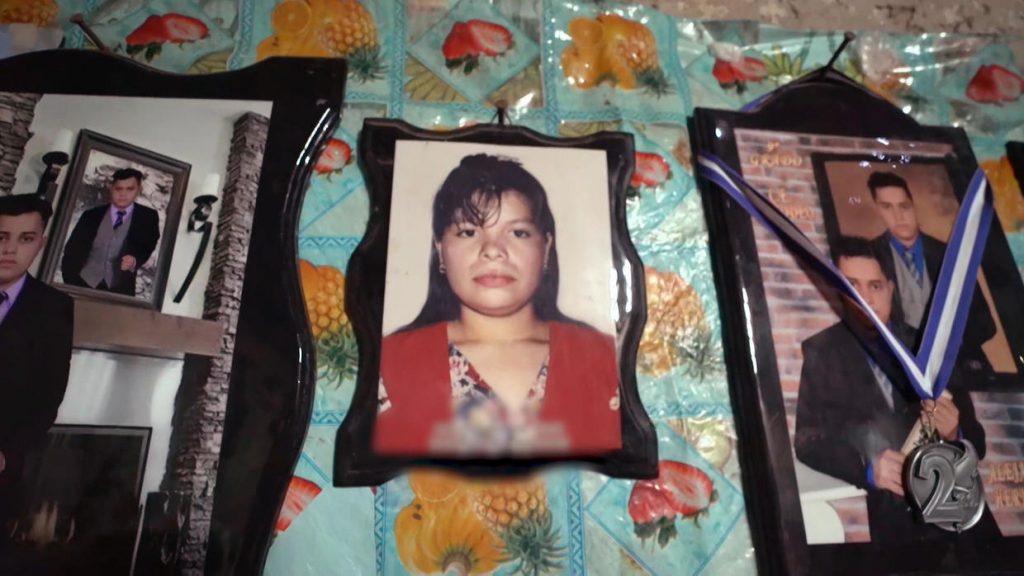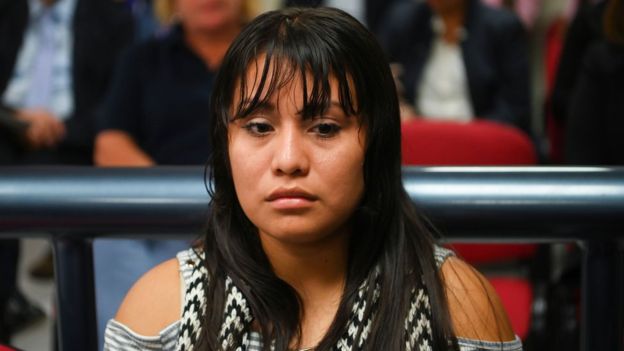
Considering the latest events in Poland, it would be valuable to stop and wonder, where our country is heading. On 22 October, the Constitutional Court deemed abortion in case of severe fetus defects unconstitutional. Some politicians also declared that they would fight for further limitations, that is to illegalize abortion in case of rape.
It was definitely not the first time someone tried to vastly limit women’s bodily autonomy. In 2016, women all over Poland took to the streets to protest against a citizens’ bill initiative ‘Zatrzymaj aborcję’ (eng. Stop the abortion). In times when the politics steadily shift towards restraining women’s body sovereignty, people should look at countries where this has already happened.
Harsh abortion law
In 1998, El Salvador has changed its already very harsh abortion law, making abortion completely illegal, including in case of rape or serious danger to life of the mother. This has had severe consequences since every woman that had a miscarriage could be (and often is) accused of murder.
When a woman is put on trial after a miscarriage or a stillbirth, she can be either prosecuted for an abortion or an intentional murder.
In the first case, the sentence oscillates between 2 and 8 years of jailtime. In the second, the minimum punishment is 30 years. This has been a reality of over 140 women.
Punishment for miscarriage
The seriousness of this atrocity cannot be fully understood without listening to a real-life story. This one will be about a 21-year-old Evelyn Hernandez. In 2016, Hernandez got stomach pains and started bleeding. She went to a lavatory, where she passed out because of severe blood loss. As it turned out, she was having a baby. A baby that was born dead.

After being found, the woman was transported to a hospital that notified the police about the incident. In court, the woman claimed she was unaware of her pregnancy and that it was a result of rape. She said she did not go to the police because her rapist was a gang member. By reporting the crime, she could risk her own life and of those closest to her.
30 years in prison
Nevertheless, the court tried Hernandez for an intentional murder and sentenced her to 30 years in prison. Fortunately, as a result of a long fight, the woman had a full retrial and the verdict was overturned after she spent nearly 3 years in jail. Sadly, this case was a first instance when a ruling was nullified. Other unfairly sentenced victims still await justice. However, not all will live to see it.
The story of ‘Manuela’ is a very tragic one. The woman, mother of two, miscarried during the 7th month of the pregnancy.
The judge, certain of her fault, sent her to prison for 30 years, separating her from her family. She did not live long enough to carry out her full sentence.
After 2 years spent in jail, Manuela died of Hodgkin’s lymphoma that most probably caused her miscarriage.
Fear of hospital
The total abortion ban has not only ruined lives of multiple women, it has also taken away their access to healthcare and rights to bodily autonomy.
Many pregnant women do not go to a hospital after a miscarriage (as they should) or when they feel unwell, simply because they are afraid they will be accused of murder or an attempted murder.
Additionally, 5,000 illegal abortions are performed on average every year in El Salvador. Many of them result in the woman’s death since they are usually performed without medical knowledge and in unsuitable conditions. That is not to mention numerous women that will die during childbirth because abortion in case of a serious threat to the mother’s life is also illegal.
Impact on mental health
This ban is also very serious for their mental health because trauma caused by consciously bearing a dead child or being tried for a murder might be huge. One may not also forget about women who know that they will die at the end of their pregnancy and have to spend their last months with this knowledge, taking care of a creature that will ultimately cause their death.
This is the reality of women in El Salvador. This can also be a reality of women in Poland if the anti-choice people achieve their goal. The question is, whether stopping abortions is really worth it. Maybe abortions actually save more lives than they prevent?
Karolina Piech, IB1